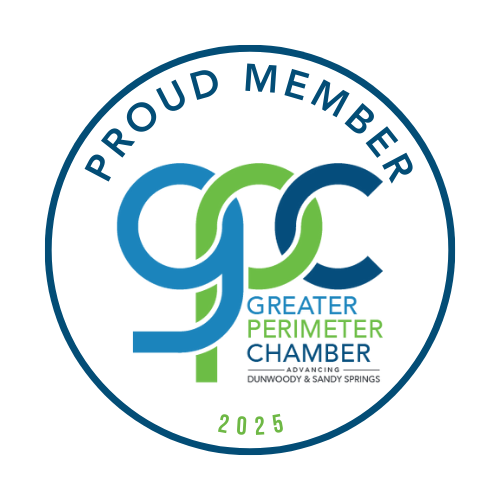What Is IOP and How It Works?

Recovery from addiction or mental health challenges requires support that fits your lifestyle. IOP in Atlanta, GA, provides structured care that balances intensive therapy with daily responsibilities. At Atlanta Recovery Place, we guide you through each step, ensuring that therapy fits your schedule while delivering meaningful progress. IOP in Atlanta, GA combines evidence-based methods with […]
Understanding The Methods and Benefits Of Trauma Therapy

Experiencing trauma can disrupt your life in ways that feel overwhelming. Trauma therapy in Atlanta, GA, offers a structured path to understand, process, and recover from these experiences. At Atlanta Recovery Place, we help you regain control and rebuild daily functioning while supporting emotional health. Trauma therapy in Atlanta, GA, combines evidence-based methods with compassionate […]
How the MAT Program Helps Manage Opioid Addiction in Atlanta, GA

Living with opioid addiction often means facing cravings, withdrawal symptoms, and emotional strain every single day. Early support matters, and the MAT program in GA plays a critical role in helping people stabilize, regain control, and function more effectively. In the first stages of care, the MAT program in Atlanta, GA, focuses on safety, structure, […]
Cognitive Behavioral Therapy for Addiction Recovery, Benefits and Techniques

Addiction affects the way you think, react, and handle stress. Patterns form over time, and these patterns shape your decisions. Cognitive Behavioral Therapy gives you a clear path to rebuild these patterns. It focuses on changing the thoughts and behaviors that keep you stuck. Many treatment programs use CBT because it builds practical skills you […]
Benefits of Choosing PHP Treatment at Atlanta Recovery Place for Lasting Recovery

PHP Treatment gives you a strong level of support without the demands of residential care. Many adults need a treatment path that sits between outpatient services and full residential programs. You may need daily therapy, consistent structure, and medical oversight. You may also want the ability to return home at the end of the day. […]
How Adult Addiction Treatment Programs Support Long-Term Recovery

Adults face complex challenges when struggling with addiction. Unaddressed substance use and co-occurring mental health conditions can make recovery difficult. Adult Addiction Treatment Programs provide the structure, professional guidance, and therapeutic support necessary for lasting change. At Atlanta Recovery Place, we offer comprehensive care designed to address your individual needs. This includes evidence-based therapies, holistic […]
How Dual Diagnosis Treatment for PTSD Supports Long-Term Healing

Dual Diagnosis Treatment for PTSD is a specialized approach for individuals facing both post-traumatic stress disorder and a co-occurring substance use disorder. Untreated PTSD can intensify addiction, and substance misuse can worsen trauma symptoms. At Atlanta Recovery Place, we provide integrated programs that address both conditions simultaneously. Early, effective intervention significantly improves long-term healing and […]
Cognitive Behavioral Treatment for Mental Health Healing

Cognitive Behavioral Treatment is one of the most effective approaches for improving mental health. At Atlanta Recovery Place, we use this evidence-based treatment to help you identify negative thoughts, reshape behaviors, and build emotional balance. Our goal is to give you practical tools that improve how you think, act, and feel. With a focus on […]
PHP Drug Rehab for Outpatient Care and Lasting Recovery

Understanding PHP Drug Rehab for Outpatient Care PHP Drug Rehab is a structured level of outpatient care designed to help you achieve lasting sobriety while maintaining flexibility. At Atlanta Recovery Place, we create PHP plans that meet your unique needs, offering clinical guidance, individual therapy, and group support within a structured day program. Our partial […]
Comprehensive Drug Addiction Treatment for Lasting Results

Lasting recovery takes structure, accountability, and consistent emotional healing. At Atlanta Recovery Place, our drug addiction treatment combines therapy, medical support, and education to help you rebuild your life with purpose. We focus on more than sobriety — we help you develop the strength to stay free from addiction. Our treatment model is designed for […]






